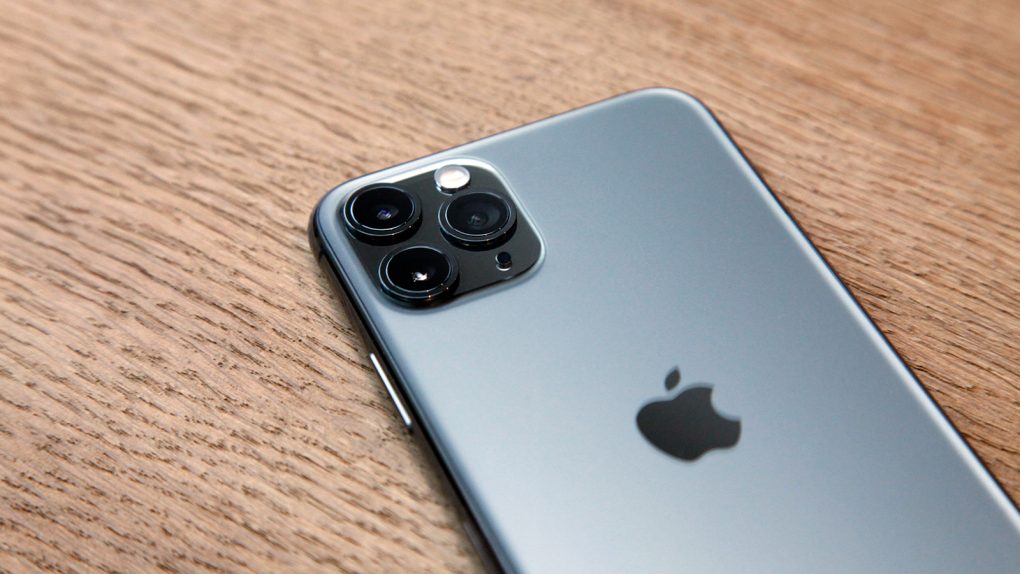Apple’s iPhones always crush their Android-powered counterparts in key benchmark tests. In fact, new Android flagship phones have been known to fall short of iPhones that are one year old, or even two years old. Take this year’s iPhone 11 series, for example. The flagship iPhone 11 Pro scores around 5,500 in the single-core Geekbench test, while multi-core scores tend to fall between 13,700 and 13,800. To put that in perspective, the OnePlus 7 Pro and Samsung Galaxy Note 10+ both feature 2019 Snapdragon processors and a whopping 12GB of RAM, which is triple the 4GB of RAM in the iPhone 11 Pro. So how do they perform in the same Geekbench tests? Single-core scores for both phones are in the 3,000 range, while multi-core scores are in the low 11,000s.
There are plenty of factors that contribute to the iPhone’s performance advantages over Android smartphones, but they’re almost all accounted for with one simple statement: Apple controls as much of the iPhone as it can, on a component level. Apple doesn’t just develop a new iPhone design and then stuff other companies’ software and parts into it. Instead, Apple designs the hardware, it develops its own iOS software, and it even makes its own A-series chipsets to power the devices. By developing all of these key pieces side by side, the end result is far better optimized than a phone made by an Android vendor can ever hope to be. Now, according to a new report, Apple is looking to take control of yet another key piece of the iPhone puzzle.
Apple’s goal seems to be to control the creation of every single component that’s needed to build an iPhone. It’s highly unlikely that it will ever get there, but the company is definitely working its way through the most important pieces of the puzzle. Whereas most other smartphone makers buy processors from companies like Qualcomm and MediaTek, Apple makes its own systems on a chip (SoC) that power its iPhones. Apple also invests in many other key component suppliers, but the ultimate goal is to at least design all the most important iPhone parts itself.
Reports earlier this year suggested that Apple is hard at work on its own modems to be used in future iPhone models. Like most other components in iPhones, Apple currently buys its modems from other companies like Intel. The modem is obviously an integral component that plays a huge role in iPhone performance, however, so it makes sense that Apple would want to take matters into its own hands. Now, according to a new report from Fast Company, we might know when that will finally happen.
Fast Company doesn’t exactly have a long history when it comes to revealing future Apple plans, but the site seems confident in the single unnamed source it spoke with about Apple’s modems. According to the report, Apple is “hustling” to create its own 5G modem in time for inclusion in its 2022 iPhone lineup. If the company stays on the same iPhone release schedule it has been on since 2014, that would make the iPhone 13 series the first iPhone lineup to get Apple’s in-house 5G modems.
The report notes that Apple’s 2022 target is “a very aggressive timeline given all the development, testing, and certification work involved,” and it’s unclear if Apple is on track to meet it.








